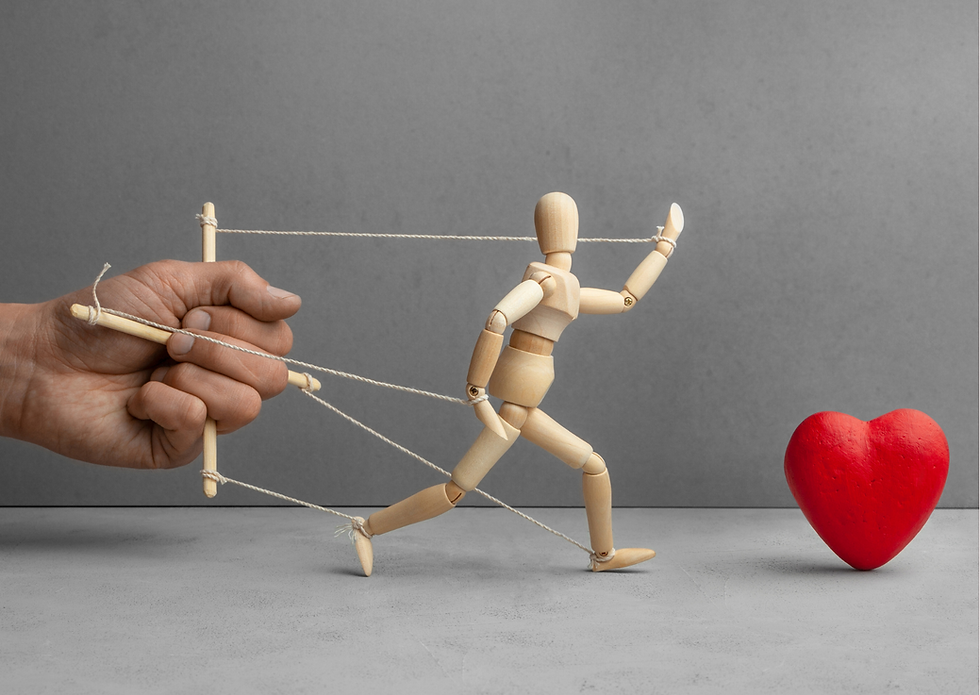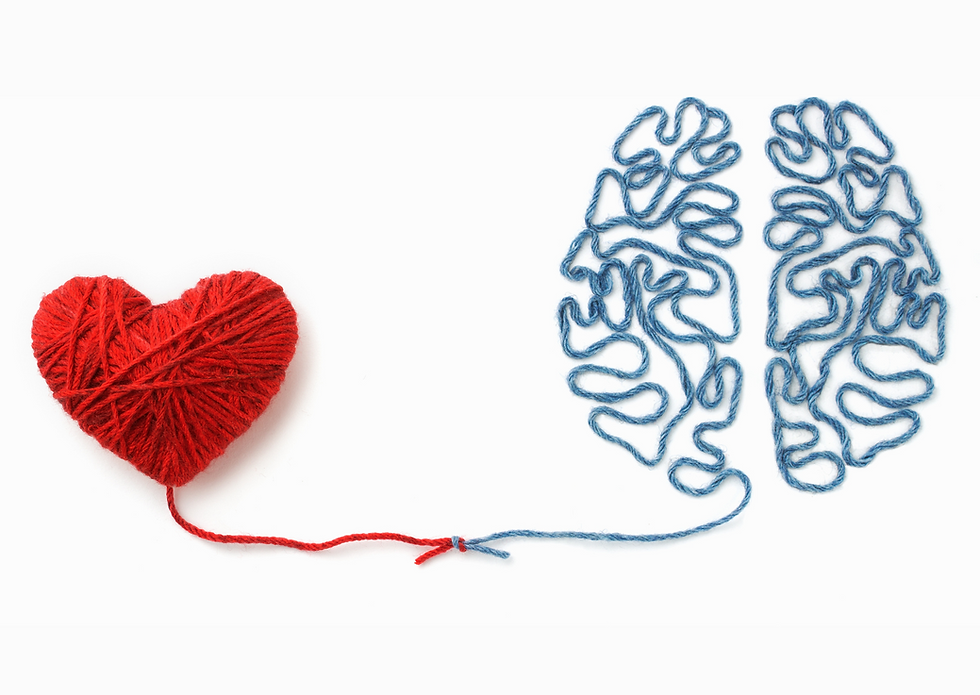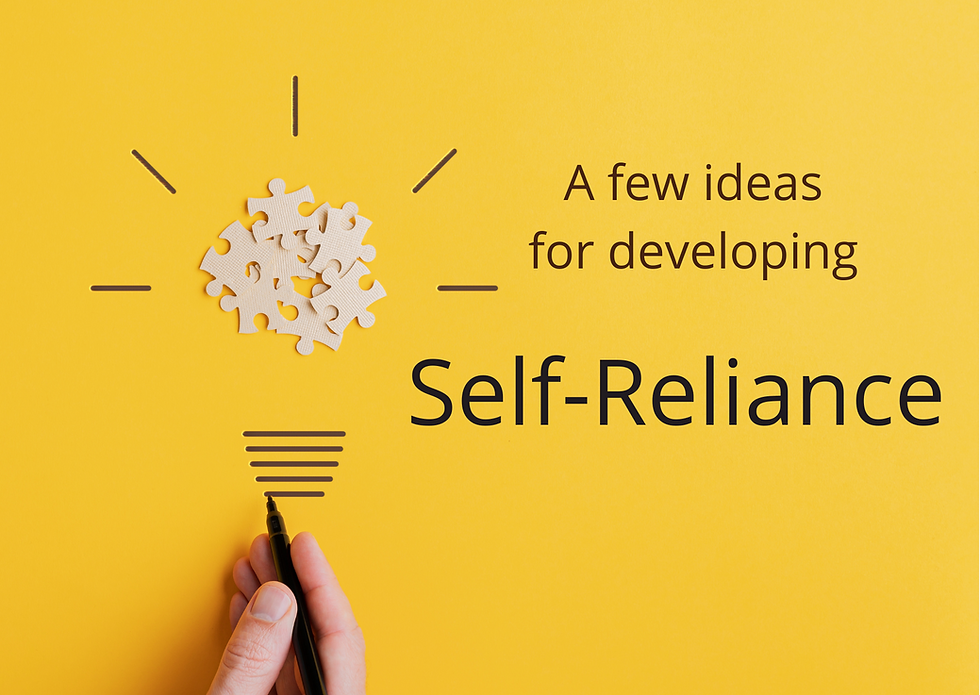Self-Reliance...living with no strings attached
- Mary Ely

- Oct 19, 2022
- 2 min read
RocheMartin defines Emotional Intelligence by a set of 10 competencies and this is one in a series of blogs covering each one: Why develop Self-Reliance? What is it exactly?...and a few ideas on how to develop it.
Why develop Self-Reliance?

…because
it’s like living your life with no strings attached
With strings attached
You need others. You depend on what others do or say.
Whether you get what you want or not is down to someone else.
Your options and actions depend on someone else.
Responsibility and control for getting what you want is with someone else.
You can blame someone else if you don’t get what you want (but you still won’t have it).
...pretty disempowering right?
Without strings attached, the opposite is true
You don’t need others. You don't depend on what others do or say.
You’re not reliant on others for what you need or how you feel.
Nobody can hold you back from getting what you want.
You have no need to rely on others for getting what you want.
You are in control of your own thoughts, options, decisions and actions.
You can choose to listen to others or not.
You take responsibility for your actions and don’t blame others.
...which sounds much better, doesn't it!
So you can see how Self-Reliance is important for life generally and why it’s particularly important for change and leadership, where there is a constant need to weigh up options and make decisions.
Reliance on others is not a viable option if you want to get what you want or be who you want to be in ANY area of life.
What is Self-Reliance exactly?

Self-Reliance is the ability to back yourself, take responsibility for your actions and what happens as a result
As with all the RocheMartin emotional intelligence competencies, Self-Reliance can be broken down into 3 components, which help to pinpoint areas of strength and areas for development.
The 3 components of Self-Reliance are
Independence
You don’t rely on anyone else for what you need. You can think and decide for yourself.
Self-Belief
You are happy to act on what you think is the right choice.
I find it useful to think of Self-Belief as an extension of Self-Confidence, another one of the emotional intelligence competencies.
Self-Confidence
I like myself, I think I’m competent and so I’m willing to have a go and do something. I know I’ll be OK, whatever the result.
Self-Belief
I assume that the “something” I choose to do will work.
As a result, the ideas given in this blog for developing Self-Confidence can help develop Self-Belief.
Responsibility
...and you take responsibility for your actions and are accountable for what happens as a result.
How can you develop Self-Reliance?
Coaching is by far the most efficient, effective, engaging, empowering and enjoyable way to build any of the Emotional Intelligence competencies.
Helping you to develop, refine and embed your own personalised strategies for each competency.
And this blog contains some ideas for you to experiment with on your own that have worked for me and my clients.

If you’re interested in understanding your level of emotional intelligence using one of the RocheMartin assessments or would like to explore coaching for developing components of it like Self-Reliance, you can book a free call here.
And if you'd like to try out my monthly emails that provide a roundup of my blogs as well as other insights, you can sign up here.


Comments